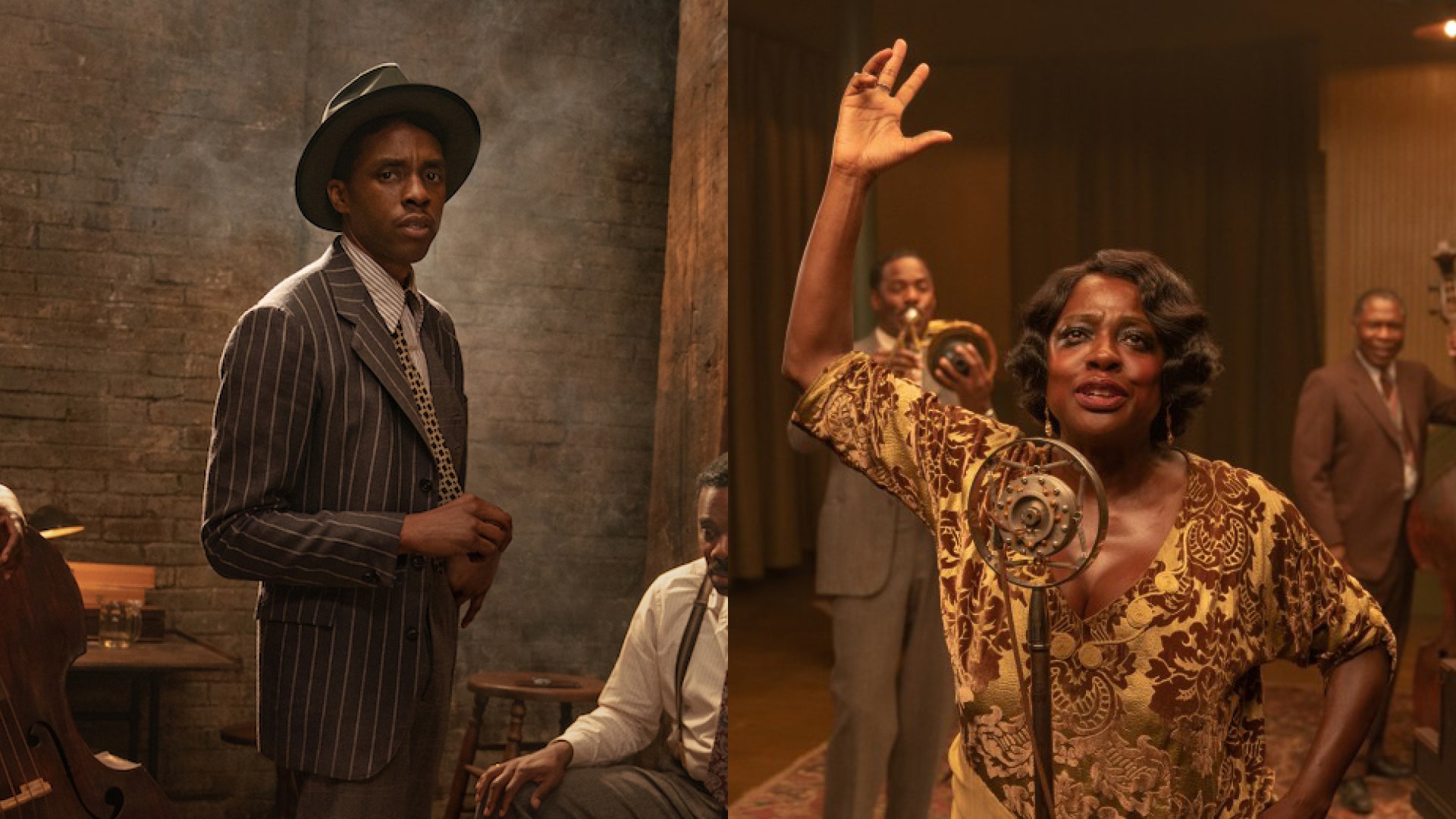
Ma Rainey’s Black Bottom: The Defiance In The Music

There have been lots of movies that highlight the rich history, as well as showcase the plight of the African American. It hasn’t been long since I saw Cadillac Records that centers around a theme of black musicians making an effort to push their creativity to society through their music; On the surface, Ma Rainey’s Black Bottom would easily appear to fall into that category but as the story moves along, the viewer begins to realize that it is centered around a group of people at a single event.
This story, based on an original play by the late August Wilson, introduces us to Ma Rainey, played by Viola Davies, and her relationship with her band members Levee (Chadwick Boseman), Cutler (Coleman Domingo), Toledo (Glynn Turman), and Slow Drag (Michael Potts). For the most part, the movie centers around a recording session with Ma Rainey and her producers; It generally weaves between issues with her band and her attitude towards her producers. It is directed by George C, Wolfe and produced by Denzel Washington.
Beyond the drama on the surface, there a subtle messages that the film seeks to send out to the viewer. It addresses interracial power struggles that black entertainers experienced with white-owned record company management which, according to this story, seeks to exploit the talent of the black artist, and as Ma Rainey would exhibit in this film, acknowledge that the talent was the only leverage that the black artist has over exploitative white record company management.
As mentioned earlier, the film weaves between the power struggles she has with her producers and challenges with her trumpeter, Levee (Chadwick Boseman), who appears to be very ambitious and wants to do things his own way, The viewer would find the role Boseman plays to be a major icing on the cake for this movie, Most may feel that accolades given for his performance in this role are due to his early and sad demise, but for people who go beyond the story to appreciate the work that actors bring to the table; it is not difficult to see that Boseman brought all the sweat and blood he had in him to this role; it also makes it hard to process the fact that he had cancer while delivering such a brilliant performance.
One cannot say more about the flawless delivery Viola Davies brings to the role of Ma Rainey. Inasmuch as there are not many videos out there to provide a comparison, she breathes life on the persona representative of the soul-filled rhythm Ma Rainey’s voice brings to the blues. It may be a bit of a task to think of another actor that could have done it better.
The story-telling, dialogue-driven scenes, especially between the members of the band, intimates the viewer with the experiences of the African American in a post-slavery America. This is creatively crafted in the story to justify motives, and most especially what drives Levee’s (Boseman) ambition.
The viewer surely walks away with additional knowledge of black history as it relates to the evolution of the blues. We probably will never know all the characters in the genealogy that precipitated and birthed the blues, but the addition of Ma Rainey takes it a step further back in the list and successfully adds to the viewer’s knowledgebase.
In all, this movie takes August Wilson’s work from the realms of the stage to a larger stage as it is currently available on Netflix and will cut across a wider spectrum of viewers. It will be practically impossible to review this film without putting out spoilers but the viewer is promised a flow in the drama that educates as well as entertains.
One thought on “Ma Rainey’s Black Bottom: The Defiance In The Music”
Comments are closed.











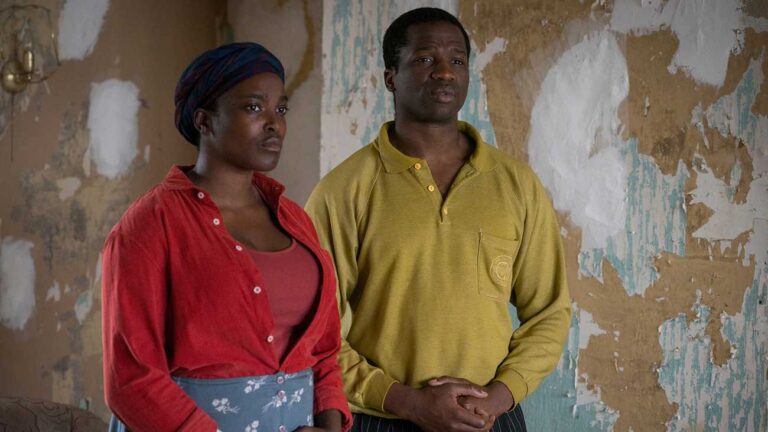
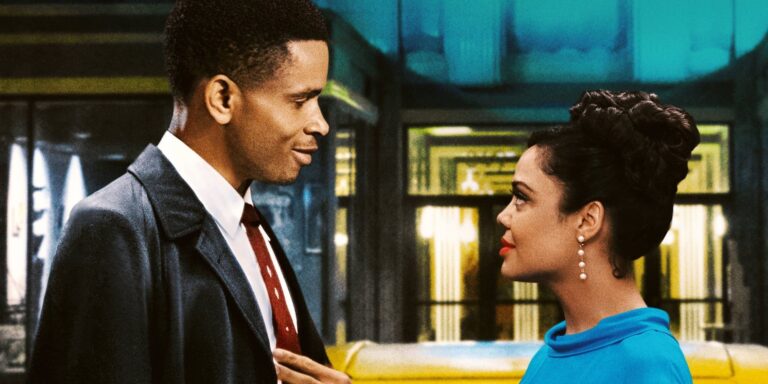

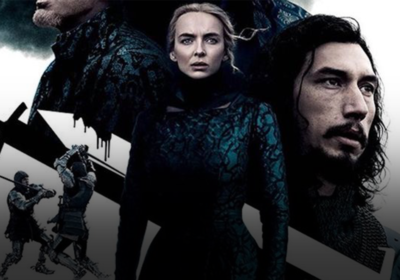
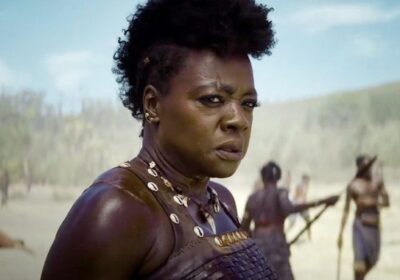
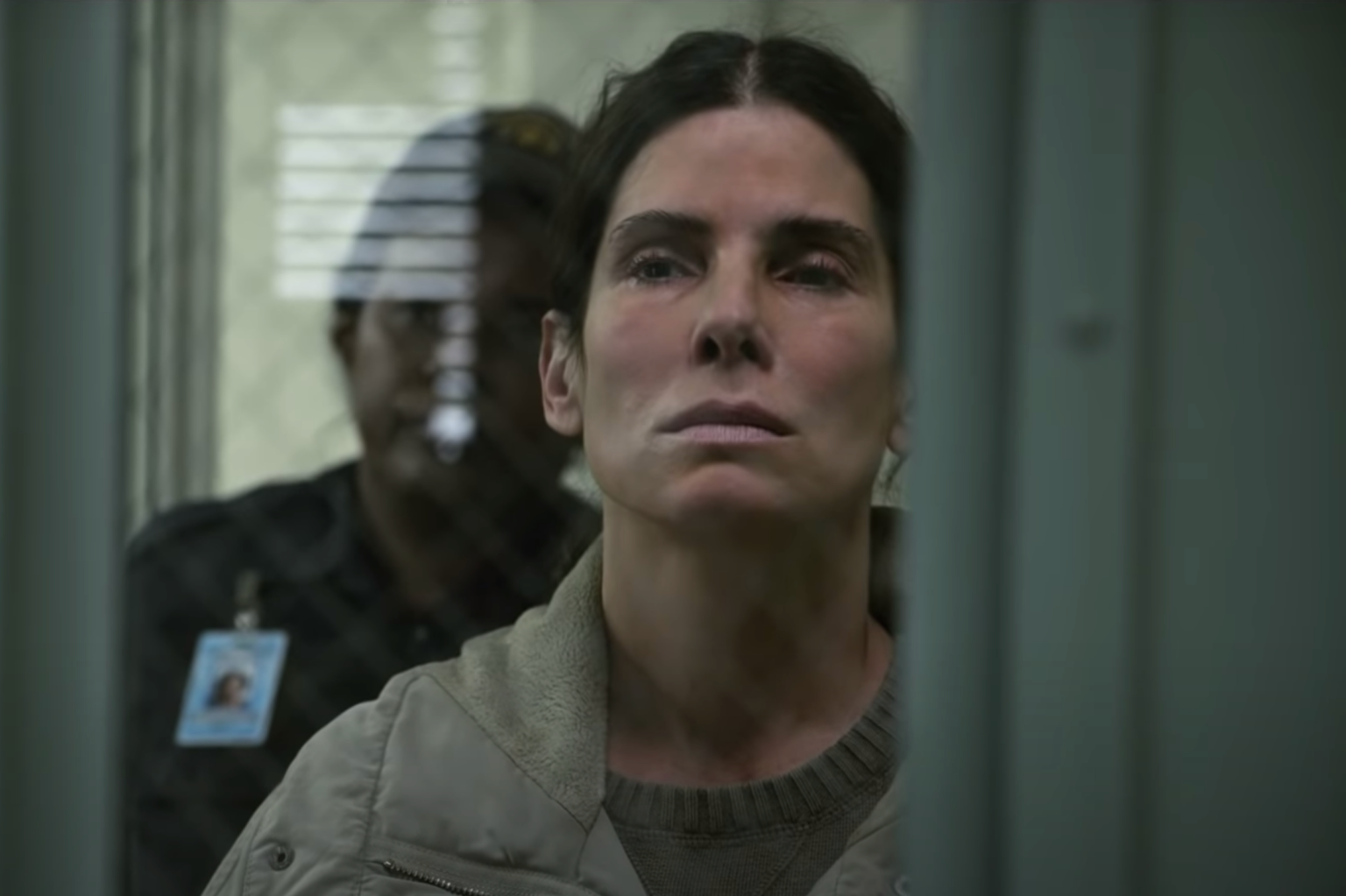

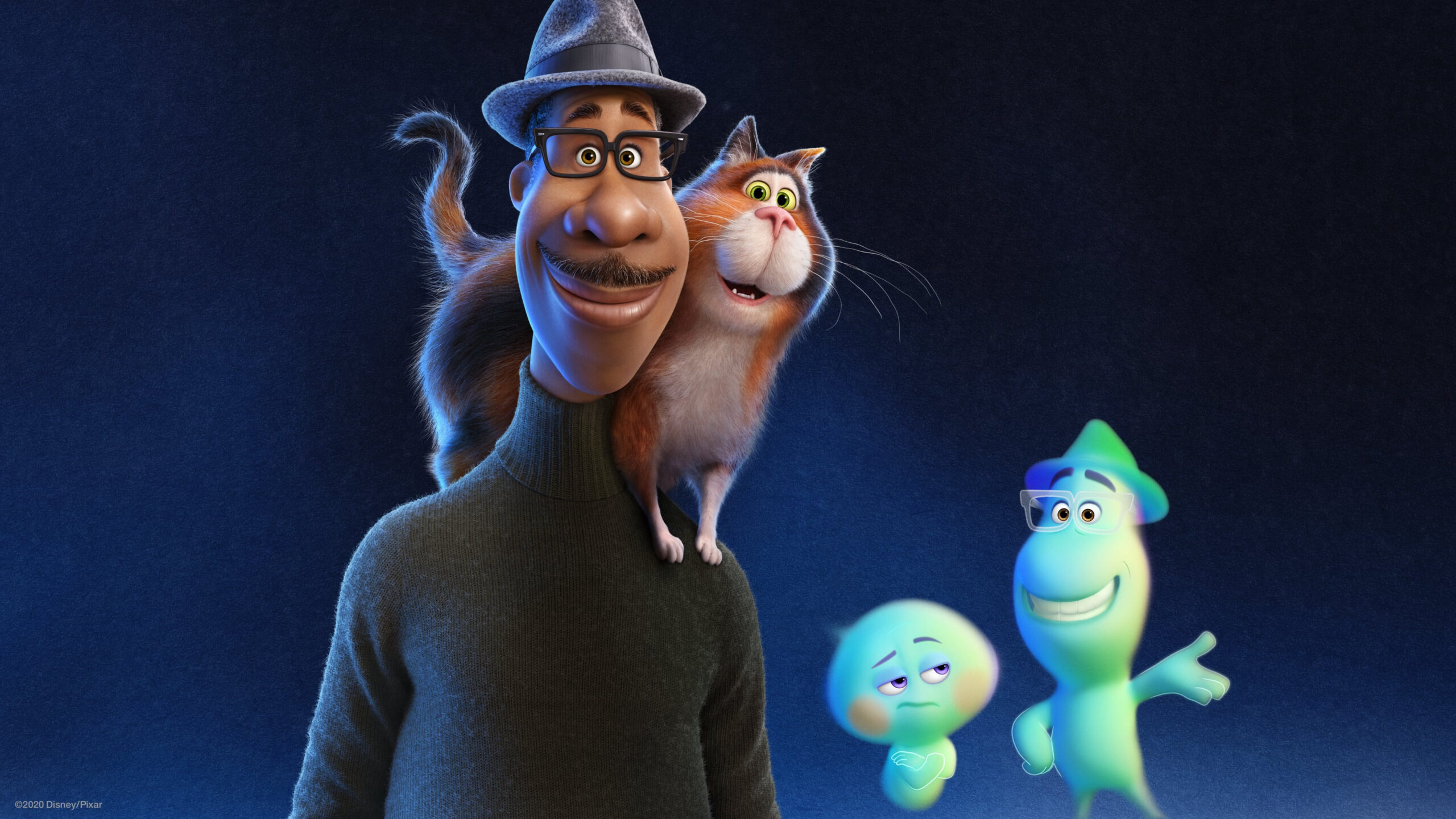
While the film is based on a play, it also talks of historical experiences that was the reality of black artists in the 1920s and 1930s – musically exploited, poorly managed, recording in substandard conditions but still managing to produce great works of art. So it’s a bit more than a glimpse into black history in America at a particular time. These theme of exploiting black artists was happening for decades before the likes of Berry Gordy and Motown flipped the script.
This wasn’t unique to Ma Rainey but if you read her life story, you’d realise she didn’t allow herself to be bamboozled by the more powerful elements of the existing music industry – a rarity for a black artist – and not to be “punished” as a result (read up on Paul Robeson if you want to see how a backlash can work).
And around Ma Rainey’s persona, August Wilson wrote a play. I think if you’ve ever watched an August Wilson play there are similar recurring themes, and “power struggle” is definitely one of them, whether it’s between races, or men and women, or men and other men. Having said that, I enjoyed the film and like you said, you can’t fault Viola Davis’ acting.